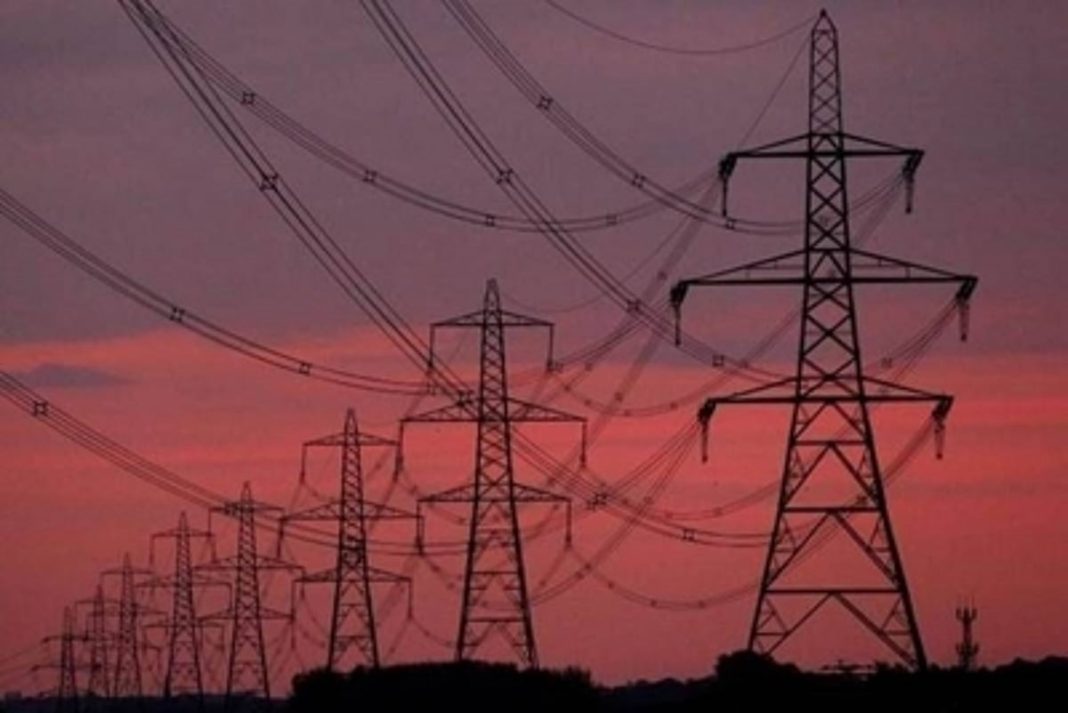Key Takeaways
- Bangladesh High Court halts Adani’s Singapore arbitration over 2017 power deal
- Court orders domestic review committee to examine contract terms first
- Godda plant supplies 10% of Bangladesh’s electricity, making dispute critical
- Outcome could reshape cross-border energy investments and contract enforcement
Bangladesh’s High Court has temporarily blocked the Adani Group from initiating international arbitration in Singapore regarding a disputed 2017 power supply agreement. The court has mandated that a domestic review committee must first complete its examination of the contract before any arbitration proceedings can begin.
Critical Implications for Power Sector
The court’s intervention carries significant weight since the Godda power plant supplies approximately 10% of Bangladesh’s electricity needs. Any prolonged dispute could disrupt payment flows and complicate the country’s power procurement planning. The situation also signals to foreign investors that high-value energy agreements signed under previous governments may face renewed scrutiny.
Legal Standoff Over Arbitration Process
Adani had sought to resolve the dispute through the Singapore International Arbitration Centre (SIAC), citing contractual provisions that designate SIAC as the designated forum. However, the High Court’s restraining order effectively prioritizes domestic review over the agreed dispute-resolution mechanism. If the committee identifies irregularities, Bangladesh could potentially seek to renegotiate contract terms, fundamentally changing future arbitration dynamics.
Contract Scrutiny and Transparency Concerns
The case originated from a petition challenging the fairness of the 2017 agreement, which critics argue imposed unusually high costs on Bangladesh and lacked transparency. The court-appointed committee is specifically examining the contract’s pricing structure, tax treatment, and compliance with procurement regulations. The court emphasized that allowing arbitration before this review would undermine the inquiry’s purpose.
Conflicting Legal Positions
Adani maintains the dispute is purely contractual and must be resolved through SIAC as agreed, arguing that Bangladeshi courts lack jurisdiction over arbitration. Conversely, Bangladesh’s legal representatives insist the contract requires thorough domestic scrutiny before any international legal action. The court hasn’t set a deadline for the committee’s report, leaving the arbitration question unresolved. Both parties continue power supply and payment arrangements during the legal process, though the dispute introduces fresh uncertainty into the crucial cross-border energy partnership.




